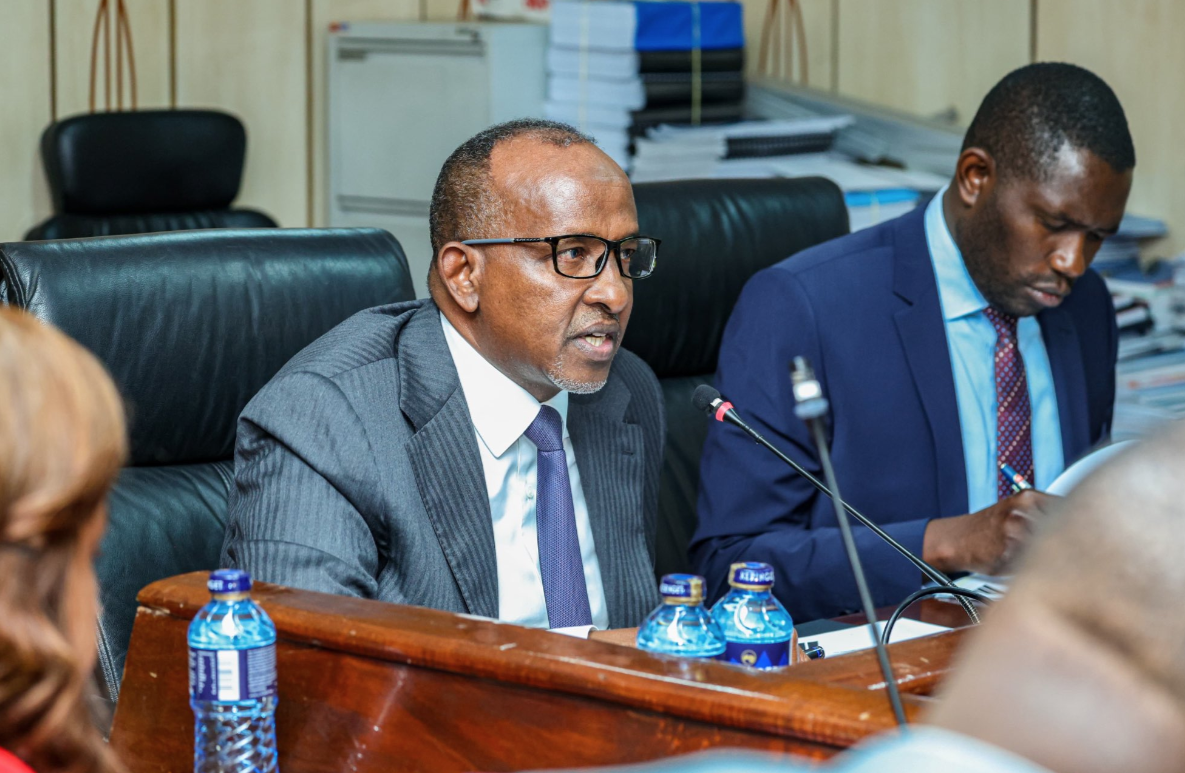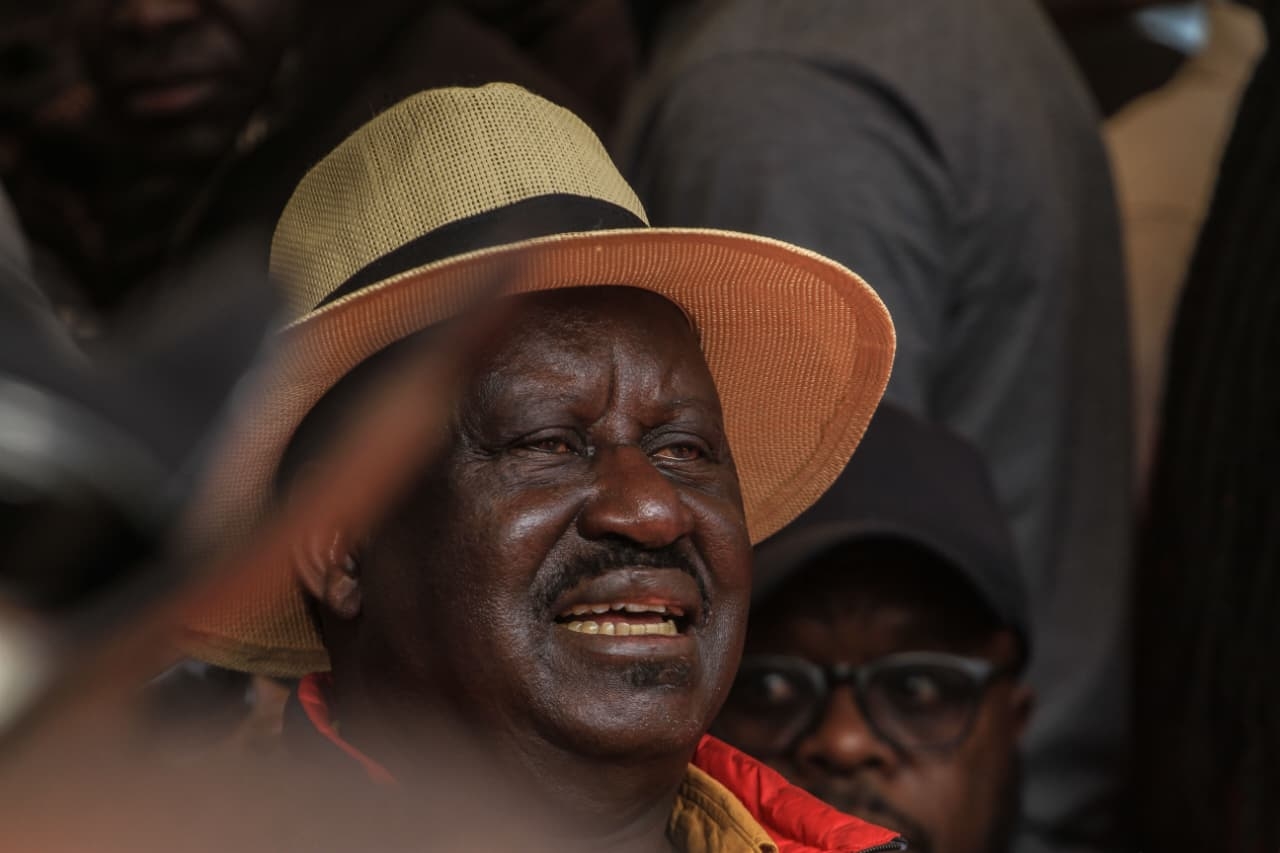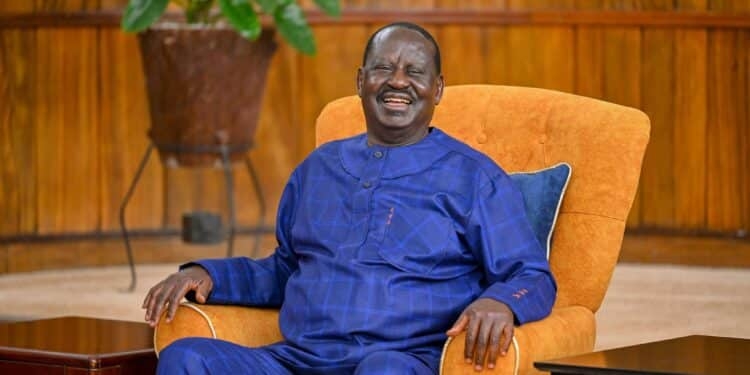
 Health Cabinet Secretary Aden Duale when he appeared before National Assembly Departmental Committee on Health/HANDOUT
Health Cabinet Secretary Aden Duale when he appeared before National Assembly Departmental Committee on Health/HANDOUTThe government has announced the implementation of a flat-rate health insurance premium of Sh660 per month for vulnerable Kenyans.
Health Cabinet Secretary Aden Duale made the announcement stating that the Social Health Authority (SHA) had already identified eligible individuals in collaboration with the Ministry of Labour and Social Protection.
According to the Ministry of Health, the premium is specifically tailored to support indigent Kenyans who are often left behind due to financial constraints.
Duale urged well-wishers, philanthropists, and development
partners to support the initiative in order to reach more people in need.
“He encouraged well-wishers, philanthropists, and partners to support the programme to reach more deserving Kenyans,” the ministry said in a statement.
At the same time, the CS underscored the role of digital infrastructure in the successful rollout of SHA operations.
He noted the Digital Health Agency’s collaboration with biometric providers and the National Registration Bureau (NRB), aimed at stabilising health systems, eliminating the need for OTP (One-Time Password) whitelisting, and establishing a tiered support system to improve service delivery across the country.
Duale made these remarks while appearing before the National Assembly Departmental Committee on Health, chaired by Seme MP Dr James Nyikal, where he responded to the Committee’s report on SHA’s performance since its inception.
The report, based on field assessments across various health facilities, flagged several concerns including delays in settling payments, digital system errors, challenges in the registration of vulnerable groups, ICT disruptions, and inefficient ambulance and referral services.
Duale acknowledged the issues and shared progress made in improving claims management, provider onboarding, and data accuracy, which he said had begun reducing backlogs.
On ambulance services, Duale revealed the formation of a Joint Technical Committee tasked with developing a national framework for an ambulance evacuation benefit package.
The team comprises representatives from the Ministry of Health, SHA, the Council of Governors Secretariat, DHA, Emergency Medical Kenya Foundation (EMKF), Safaricom, and the Kenya Medical Practitioners and Dentists Council (KMPDC).
One of the major concerns raised in the Committee’s report was the frequent breakdown of ICT systems, especially those affecting biometric identification of the elderly — a challenge that has led to delays in service provision and loss of trust in public healthcare facilities.
In response, Duale requested more time to provide a detailed response, citing Article 47 of the Constitution, which guarantees fair and efficient administrative action.
To address the outstanding issues comprehensively, the meeting resolved to establish joint technical working groups to review the Committee’s findings and formulate effective corrective measures.
Duale was accompanied by key health sector officials including Dr Ouma Oluga, Principal Secretary for Medical Services; Dr Mercy Mwangangi, representing SHA; Dr David Kariuki of KMPDC; Anthony Lenayara from DHA; and Mombasa Governor Abdulswamad Nassir, who is also Chair of the Council of Governors Health Committee.













